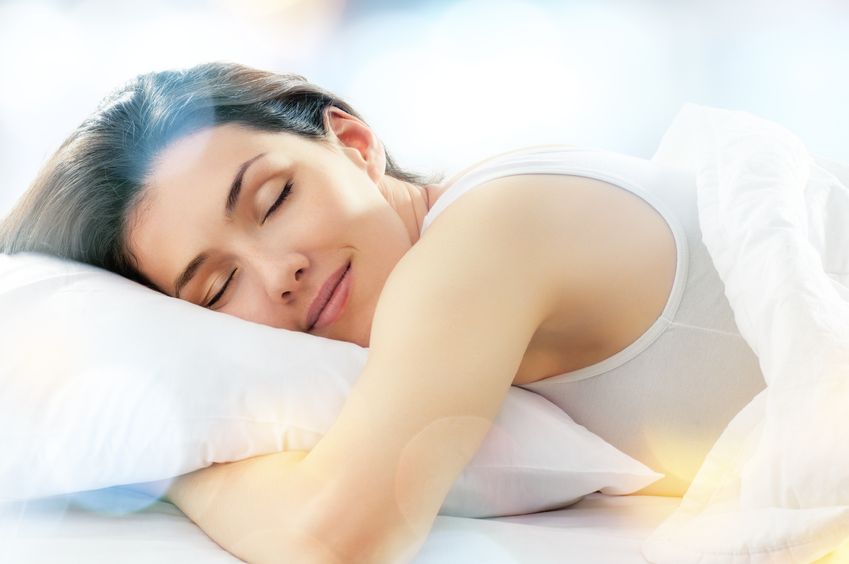We all know people who can sleep through the waling of a fire truck and others who wake up the slightest noise. Although many people are self-proclaimed light sleepers or heavy sleepers, researchers have found that little is known about why people respond differently to noises and other stimuli during sleep.
Genetics, lifestyle choices, and undiagnosed sleep disorders may all play a role. Some studies even point to differences in brainwave activity during sleep being the reason someone is a light or heavy sleeper.
Understanding Light and Deep Sleep
During sleep, you alternate between cycles of REM (rapid eye movement) and NREM (non-rapid eye movement) that repeat about every 90 minutes. About 75% of the night is spent in NREM sleep, which consists of four stages of increasing relaxation.
Stage one, the phase between being awake and asleep, is considered light sleep. Deeper sleep begins in stage two, as your breathing and heart rate become regular and your body temperature drops. Stages three and four are the deepest and most restorative stages of sleep. During these stages, breathing slows, muscles relax and tissue growth and repair occurs.
Typically, young people spend more time in the deep, heavier stages of sleep as they grow and develop. On the other hand, older people spend less time in the deep sleep stages and are more likely to complain of being light sleepers. According to sleep experts, the difference between a light and heavy sleeper may be largely subjective. It is possible that someone could sleep 8 hours a night and not experience as much slow-wave, deep sleep as a person who only sleeps 6 hours a night.
A small study suggests that differences in how sleeping people respond to noise could be tied to levels of brain activity called sleep spindles. People whose brains produced a higher number of these high-frequency spindles were more likely to sleep undisturbed by loud noises. More research is need to confirm the results.
Don’t think that you can’t change the way you sleep. In most cases, factors under your own control affects your sleep quality. Factors such as lifestyle, medication, alcohol, and caffeine call lighten your sleep. Still not sure where to begin on your journey to deeper sleep? Let us help! Check out ways to maximize your sleep potential here!



Comments are closed.